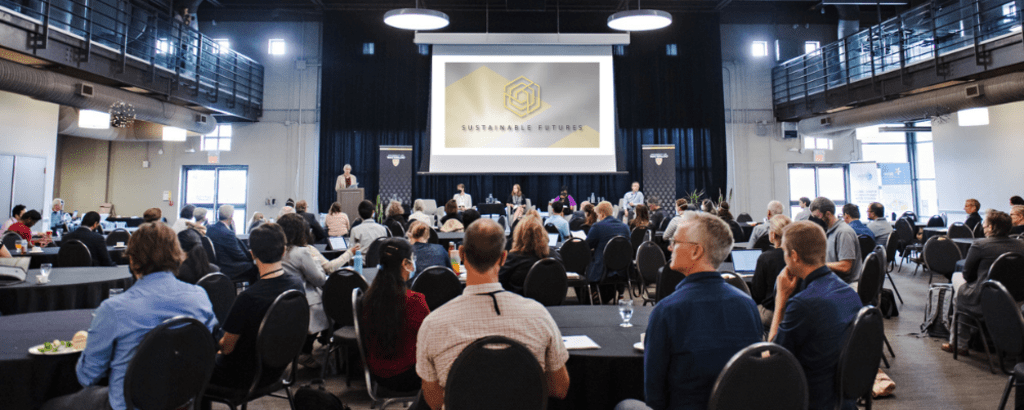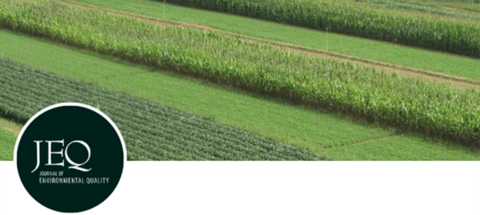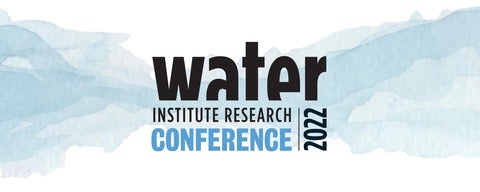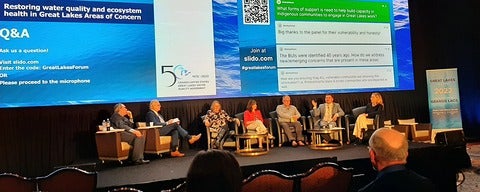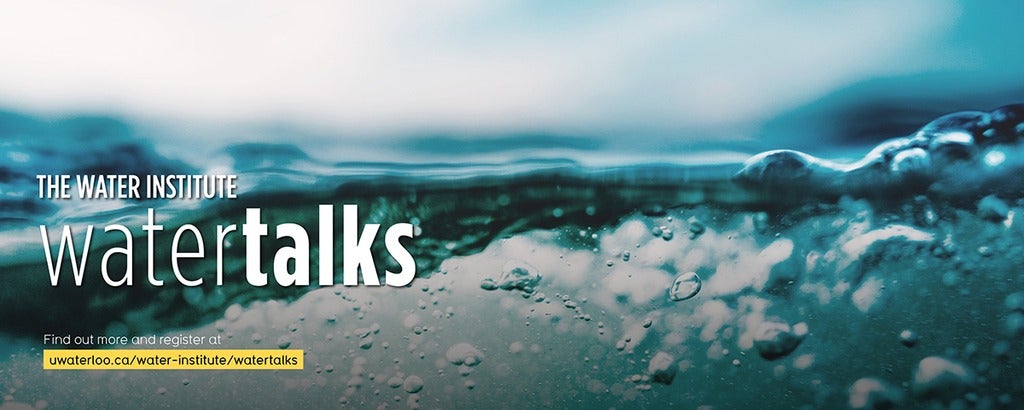Sustainable Futures initiative launched
On September 19, the University of Waterloo launched the Sustainable Futures initiative; - a collaboration that brings together the Water institute, the Waterloo Climate Institute and the Waterloo Institute for Sustainable Energy to accelerate holistic approaches to advance the United Nations Sustainable Development Goals (SDGs) with a focus on the interconnections between energy, climate and water.
